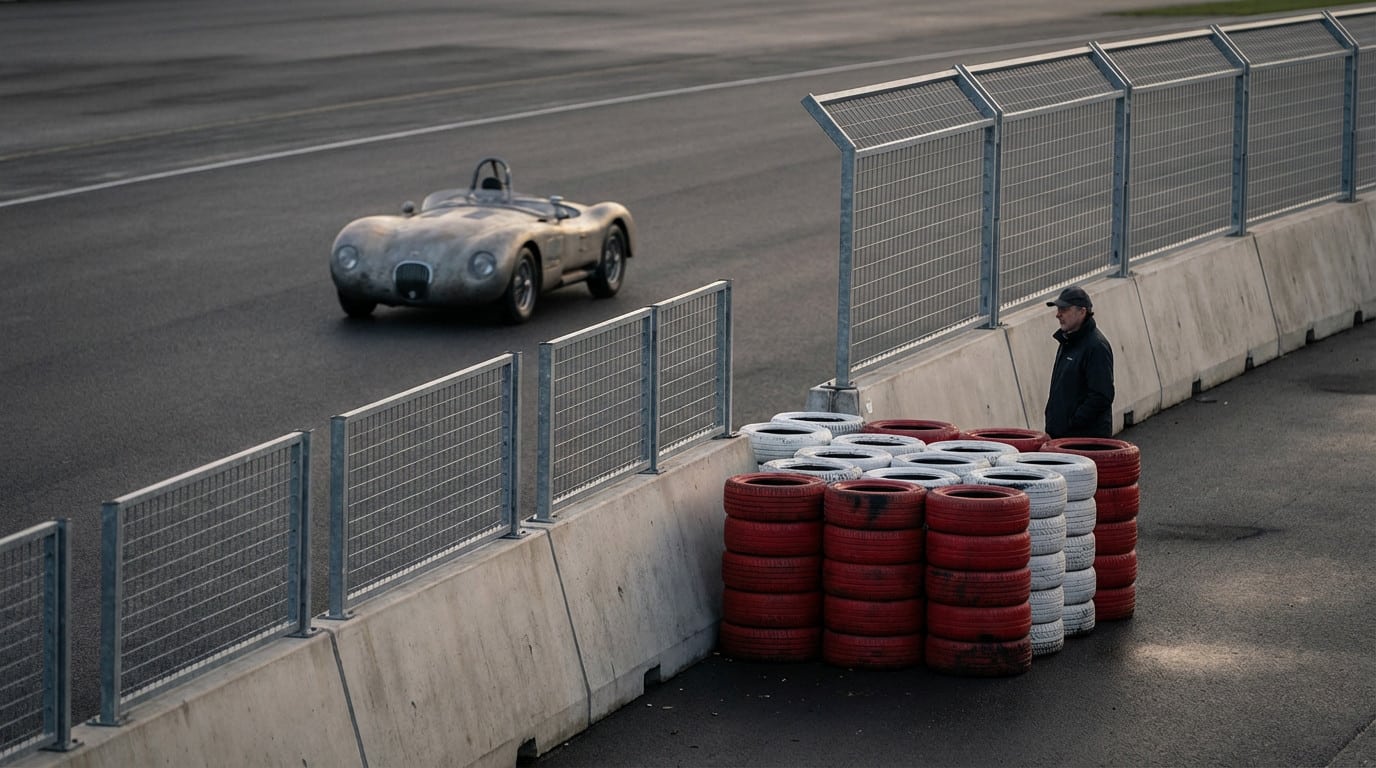Selecting a baby name often feels like one of the most meaningful choices expectant parents encounter. Across continents and cultures, certain names have endured through generations, shaping personal narratives and family histories. Global records reveal intriguing trends about which first names remain most resonant over time. The latest worldwide analysis, grounded in tradition and history, sheds light on this fascinating subject.
Official registries from more than 150 countries point to a clear reality: cultural heritage and religious continuity keep some classic names at the top of global rankings. When analyzing both boys’ names and girls’ names, two stand out above all—Mohamed and Marie. Each carries a story echoing far beyond borders or fleeting naming trends.
How do global name rankings work?
Name statistics draw on millions of birth records from every continent, mapping how families choose for their children year after year. To build accurate name rankings, analysts consider not only direct usage but also variations, alternate spellings, and adaptations across different cultures.
A single popular name might appear in dozens of forms worldwide. Registries group these together, ensuring the data reflects spelling diversity and linguistic nuance while offering a comprehensive view of name popularity.
Counting all the variants
One of the main challenges lies in how certain names transform across languages and regions. For example, Mohamed can be found as Muhammad, Mohammad, or even Mahmud, depending on location or parental preference. Similarly, Marie evolves into Maria, Mary, or Maryam as it moves between cultures.
Global surveys must combine all these variants into a single data point to provide an honest measure of international popularity. Without tracking each version, the full reach and enduring appeal of specific most common names could be overlooked.
The role of culture and faith
Naming traditions are deeply influenced by cultural and religious factors. Spiritual significance often guides these decisions, especially when names honor revered figures or sacred events. In many societies, passing down such a name is not just custom—it is a mark of respect and a declaration of faith.
This strong connection to faith explains why timeless favorites consistently dominate baby name lists, even as contemporary tastes and celebrity influences attempt to reshape longstanding habits.
Why is Mohamed the world’s most popular boys’ name?
Mohamed means “praised” in Arabic, capturing a sense of reverence central to its legacy within Muslim communities. Its historical importance traces directly back to the Prophet Muhammad, making it one of the most honored boys’ names globally.
Throughout North Africa, the Middle East, Southeast Asia, and far beyond, Mohamed represents much more than a simple name—it embodies belonging, respect, and identity.
Name popularity by country for Mohamed
Official name statistics confirm Mohamed’s leading status in many national rankings, particularly where Islam shapes daily life. Countries such as Egypt, Indonesia, Nigeria, and Pakistan contribute millions of newborns named Mohamed each year. Immigrant communities elsewhere help sustain this trend around the world.
While spelling and pronunciation may shift between regions, the core meaning remains unchanged. Whether it appears as Muhammad on a Malaysian passport or Mehmet in Turkey, the spiritual heritage persists.
Mohamed in Western countries
Recent years have seen rising numbers of Mohameds, Muhammads, or Mohammads in name rankings for cities such as London, Paris, and Brussels. As populations diversify, names travel too, sometimes surpassing previous favorites like Noah, Liam, or James.
This evolution highlights how migration reshapes what counts as the most common names in any community. Second-generation families often blend inherited roots with local customs, yet many continue to honor Mohamed for its deep legacy and emotional significance.
- Muhammad – Main spelling in South Asia, Africa, and English-speaking regions
- Mohamed – Common in North and West Africa, France
- Mehmet – Turkish adaptation used widely in Turkey and Cyprus
- Mahamadou – West African variation particularly frequent in Mali and Niger
- Muhammed – Alternate seen in parts of the Middle East and Central Asia
Marie and its global sisters: How has the most popular girls’ name endured?
For girls, Marie stands apart, representing centuries of devotion and tradition shaped by Christianity. Variants such as Maria (prevalent across Europe and Latin America), Maryam (central in Arab and Persian cultures), and María (the Spanish favorite) extend its influence well beyond any single nation.
Marie and its variations are often chosen to honor the Virgin Mary, an icon revered throughout Christian denominations, particularly Catholic and Orthodox traditions. This shared heritage keeps the name alive across generations, blending familiarity with spiritual comfort.
Mapping Marie’s enduring popularity
Data from government agencies underscores Marie’s remarkable consistency. It frequently ranks at or near the top of baby name rankings over decades. While other names fluctuate with fashion, Marie’s presence endures almost without interruption.
France, Germany, Poland, Brazil, Spain, and Portugal all report high incidences of Marie, Maria, or similar forms. The universality of Christian symbols makes these girls’ names culturally binding, strengthening social ties from the very beginning of life.
Modern influences versus tradition
In recent years, modern favorites like Olivia, Sophia, and Emma have entered the lists of most common baby names for girls. Still, Marie, Maria, and Maryam retain impressive loyalty due to religious customs and the desire for timeless simplicity.
Contemporary naming trends may draw inspiration from celebrities or popular culture, but traditional roots often prevail where values such as family continuity and heritage matter most. Many new parents blend fresh styles with ancestral choices, allowing Marie and its related names to remain relevant today.
- Marie – Most common in France, Belgium, Québec
- Maria – Dominates in Spain, Italy, Portugal, Latin America
- Maryam – Leading choice in Iran, Egypt, and large parts of the Middle East
- María – Used throughout the Spanish-speaking world
- Mariam – Popular in Georgia, Armenia, and several African countries
Exploring naming trends and global influence
Examining how names spread uncovers deeper connections between language, religion, and migration patterns. Current naming trends show the coexistence of global classics like Mohamed and Marie alongside contemporary favorites such as Noah, Olivia, or Liam.
Today’s name rankings often reflect a mix of traditional choices rooted in faith and newer options inspired by media or public figures. Globalization, diaspora movements, and digital culture accelerate this blending process. Despite endless possibilities, the enduring leadership of Mohamed and Marie in name statistics demonstrates that some patterns remain steadfast.
Why do families stick to classic names?
Familiar names offer comfort and continuity. Naming a child after a beloved grandparent or respected ancestor strengthens bonds through memory and storytelling. For many, these choices preserve lineage and transmit identity, especially when living far from home.
Religious ceremonies anchor lives and serve as key rites of passage, making spiritually significant names feel less like habit and more like honoring duty or legacy. Names such as Mohamed and Marie become cherished emblems carried proudly throughout life.








